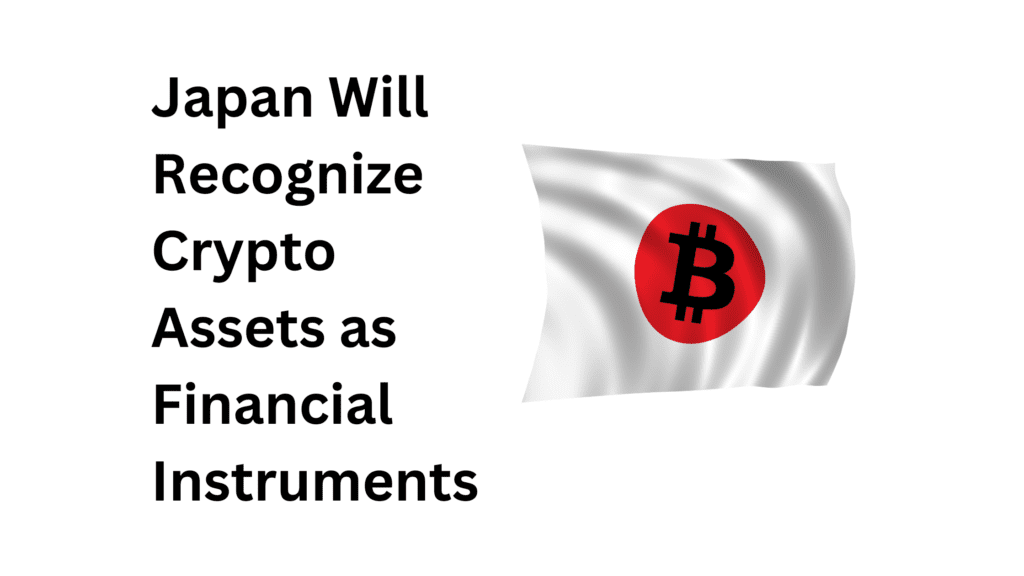Japan has been a pioneer in crypto regulation. Recent reports from Nikkei suggest that the country is taking another major step by legalizing crypto assets as financial instruments. The move could boost institutional adoption, increase regulatory clarity, and position Japan as a global leader in crypto assets.
In this blog post, we discuss what this means for the crypto industry, its potential impact on investors, and how Japan’s approach compares to global trends in crypto regulations.
Japan’s Crypto-Friendly Approach
For those who like their history, Japan was one of the first countries to regulate crypto exchanges under its Payment Services Act (PSA) in 2017. Despite strict oversight and licensing requirements, Japan’s crypto ecosystem has flourished, with major players like BitFlyer, Liquid, and SBI VC Trade operating under clear legal frameworks.
Now, with the Financial Services Agency (FSA) considering legalizing crypto assets as financial instruments, the country is setting the stage for greater institutional participation and a more structured investment environment.
What Does This New Regulation Mean?
By classifying crypto assets as financial instruments, Japan could unlock several benefits for investors, institutions, and the broader economy.
1. Increased Institutional Adoption
- Institutional investors (such as banks and hedge funds) can now invest in crypto under a regulated framework.
- Crypto assets could be integrated into traditional financial products such as ETFs and mutual funds.
2. Stronger Consumer Protection
- Crypto exchanges and custodians would be required to meet higher security and transparency standards.
- Investors may benefit from improved safeguards against fraud and market manipulation.
3. Growth of Regulated Crypto Derivatives
- More crypto futures, options, and ETFs could be introduced under Japan’s Financial Instruments and Exchange Act (FIEA).
- The move may attract foreign crypto companies looking for a compliant market.
4. Alignment with Global Financial Markets
- Japan’s decision follows similar moves in the US (Bitcoin ETFs), Europe (MiCA regulation), and Hong Kong (licensed crypto exchanges).
- The shift strengthens Japan’s position as a leading crypto hub in Asia.
How Will This Impact Crypto Investors?
If Japan formally classifies crypto assets as financial instruments, investors could experience:
- More legitimacy – Crypto would be seen as a mainstream investment, attracting more retail and institutional buyers.
- Better security – Stricter regulations on exchanges could reduce fraud and market manipulation.
- More investment options – Japan could launch crypto ETFs, structured products, and staking services under a regulated framework.
- Higher taxes – Investors may have to pay capital gains taxes similar to those on stocks and bonds.
How Does Japan Compare to Other Countries?
Japan vs. United States
- The US approved Bitcoin ETFs last year, but crypto regulations are yet to take shape.
- Japan’s clear regulatory framework could attract crypto businesses leaving the US market.
Japan vs. Europe
- The EU’s MiCA (Markets in Crypto-Assets) regulation has set a strong legal framework for crypto.
- Japan’s new rules are on par with European efforts to bring more clarity to digital assets regulation.
Japan vs. Hong Kong
- Hong Kong has reopened to crypto, allowing licensed exchanges to operate.
- Japan’s move ensures stronger investor protection than Hong Kong’s unrestricted market.
Read More: Crypto ATMs to reappear in Japan
Final Thoughts: Japan’s Crypto Future Looks Bright
Japan’s move to recognize crypto assets as financial instruments is a significant step forward for the industry. It will add legitimacy, attract institutional investors, and ensure a more structured market for crypto traders.
If successfully implemented, this policy could:
- Boost Japan’s crypto ecosystem and encourage financial institutions to enter the space.
- Enhance investor protection through clear regulations.
- Position Japan as a global leader in crypto adoption.
As the world watches, Japan’s progressive crypto policies could set the standard for responsible and sustainable blockchain innovation.
FAQs
1. What does Japan’s new recognition of crypto assets mean?
Japan is officially classifying crypto assets as financial instruments, bringing them under stricter financial regulations, similar to stocks and bonds. This move aims to enhance investor protection and market stability.
2. How will this impact crypto exchanges in Japan?
Crypto exchanges will now be subject to tighter regulations, including improved security measures, mandatory audits, and stricter compliance with anti-money laundering (AML) laws.
3. Will this attract more institutional investors?
Yes. By recognizing crypto as a regulated financial instrument, banks, hedge funds, and large institutions may feel more confident in entering the crypto market.
4. Will this change how crypto is taxed in Japan?
While details are still unfolding, crypto taxation could become more structured and transparent, potentially leading to lower capital gains taxes on long-term holdings.








